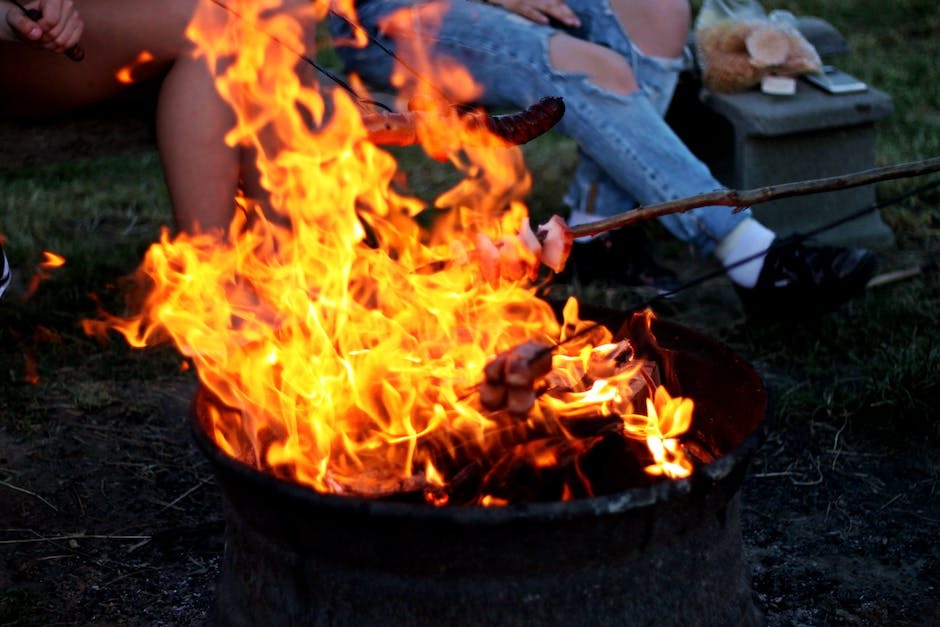
Navigating a treatment and recovery program and graduating with the core skills therein is cause for celebration. However, this doesn't mean that one's journey with recovery has ended. Maintaining one's sobriety is a trying task felt every day, and navigating your first sober holiday can introduce additional, unforeseen stressors.
Such stressors can further affect one's continued sobriety. While many think of the fall and winter as the holiday season, spring and summer also have their share, including Memorial Day and the Fourth of July. These holidays often correspond with celebrations, including indulging in substances such as alcohol.
Therefore, it is important to approach any holiday with the care and dedicated strategies needed to maintain one's sober focus while navigating the holiday for the first time in one's newfound sobriety.
There can be new stressors that become apparent at any time of year. However, certain holidays, such as the Fourth of July, can present unique hurdles that may not be readily apparent or require an individual to prepare ahead of time in one's sober journey.
Spring and summer holidays are a time for families and friends to get together, more often, at a picnic or "cookout." Understand that everyone in attendance will have the same level of understanding regarding addiction, addiction recovery, or the importance of remaining sober.
Looking at the guest list ahead of time and working with support to ensure that conversations are kept either off the topic or ready to be handled if misconceptions do come up can be a great practice to prepare for the holiday.
While some friends and family members may be open to learning more about the recovery process and how they can become better, more effective supports, having a core set of supports that can also help an individual remove themselves or to aid in quelling misunderstandings or judgemental language can be powerful resources while navigating the familial dynamic. Working on safe or code words and knowing the topics and words that can be unnecessarily stressful can be very effective for feeling emotionally secure during the holidays.
The first holiday in one's sobriety is often the most jarring, as many amendments can be made to one's usual traditions, routines, and expectations. Drugs or alcohol may have once been a part of these festivities, and their elimination from the holiday celebrations can leave a wealth of newfound free time or altered expectations. However, eliminating these addictive substances is often only the first change of many.
Many traditions may also need to be altered. While getting together to grill with family with a few drinks may have been a tradition, simply eliminating alcohol doesn't necessarily eliminate the urges or feelings that come with this tradition. For example, even if there is no alcohol involved, doing certain things like grilling or going to the beach can introduce unnecessary urges, causing an individual to think, or one's body to expect, to still engage with addictive substances.
Because of this, planning for one's first sober holiday can benefit from embracing several changes to traditions and activities. Introducing a number of new practices, such as starting a new tradition, utilizing board games, or any other holiday-specific traditions, can all help an individual further separate their newfound sobriety from past practices, further distancing oneself from unnecessary urges or stressors.
Having an idea of what celebrations are taking place and when can add a degree of safety and structure to one's first sober holiday. Surprise and ambiguity can be incredibly stressful, and a newfound downtime can cause an individual to feel enticed to return to previous destructive habits. Structuring activities, meals, and expectations can all help to add a comfortable degree of consistency to the festivities.
Likewise, having an escape plan with support can help one to take action if plans become compromised for any reason, adding an additional layer of safety to one's celebrations while continuing to prioritize one's hard-earned sobriety over all else.
Holidays are a trying time for those still embracing their sober identities and exploring what a life without the use of addictive substances can look like. However, while holidays produce a myriad of stressors, they are also a way to embody the fundamental changes that one has made in their life.
The ability to alter traditions with a sober focus, create structured plans and routines, and still enjoy the company of friends and family during this time is a testament to one's ability to gain agency over one's new lifestyle while keeping a healthy trust in one's abilities and priorities for holidays to come.
The first holiday in sobriety is often the most difficult. The deluge of changes and expectations can make navigating this time incredibly difficult. If you or a loved one are facing addiction and are looking further to prepare yourself for the trials of a holiday, Pathways Wellness Center can help. We understand the need for an ever-growing and expanding sober toolkit, and we can customize a program to help you add to your already-established strategies and maintain a healthy, sober outlook. Your time with us can be personalized to fit your needs and goals, with individual and group therapy, yoga, music, writing, and much more all available to you. For more information, call us today at (888) 771-0966.


